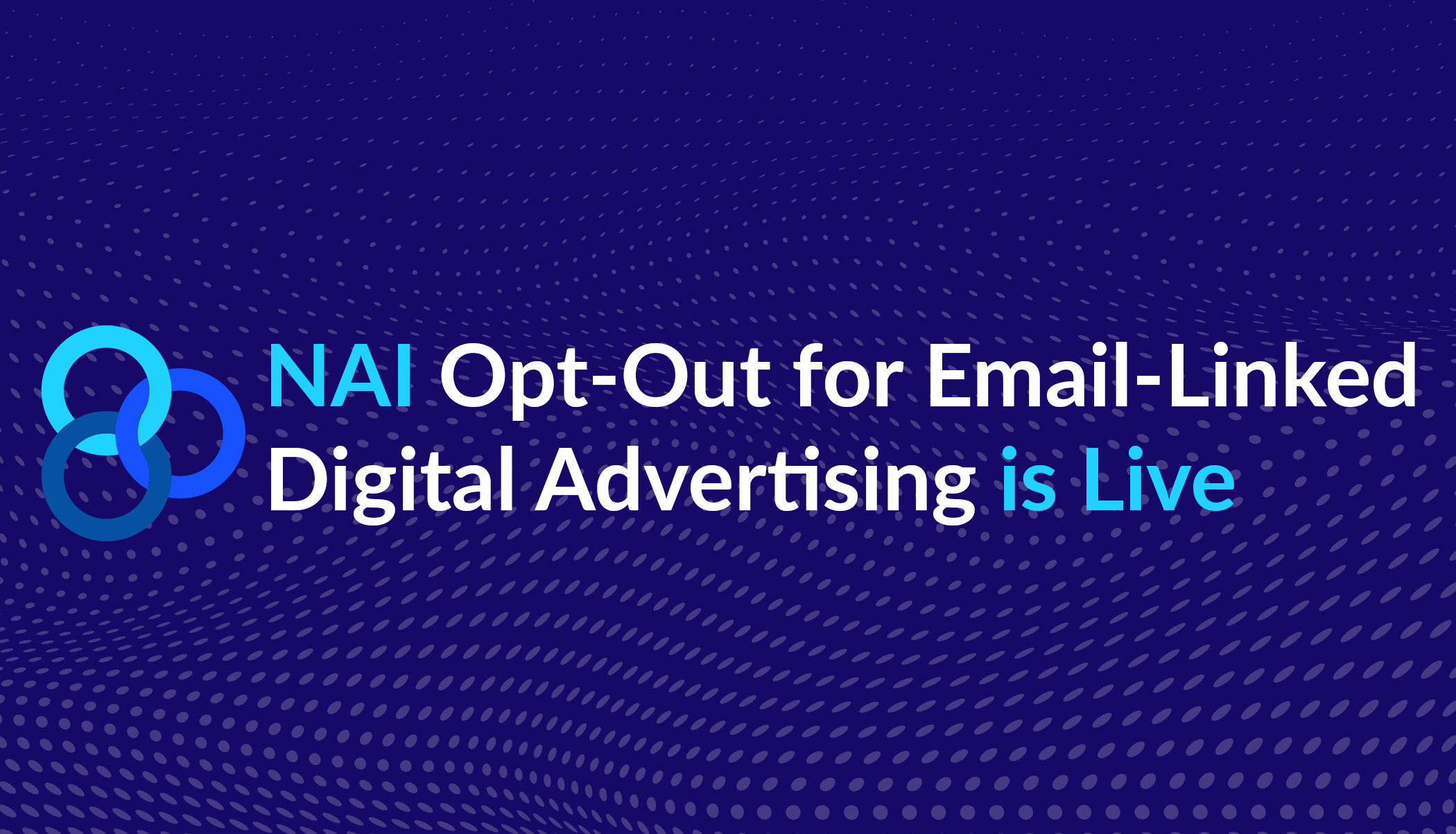Responsible Data Management and Maintaining Consumer Trust
This week GfK released a survey about consumer attitudes regarding online privacy. Spending as much time as I have in media, I’m generally skeptical about all polls and surveys because in many cases the questions asked dictate the results. On top of that, I don’t think there were any dramatic revelations in this latest GfK poll.
The report leads with the finding that nine in ten (88%) US consumers are “at least ‘a little’ concerned about the privacy of their personal data.” In this era of identity theft, large scale data breaches, viruses, and credit card fraud I would hope it’s that high a percentage. I too count myself among those Americans concerned about privacy of personal data. I would also hope the other 12% visit the FTC’s outstanding consumer education page to learn about protecting sensitive personal information and preventing identity theft.
The study further finds that “[o]ne in three consumers also report being directly impacted by misuse of personal data within the past year.” Last year I had to cancel one of my credit cards because of credit card fraud. So I’m likely in that group as well and frustrated, too. It’s also not surprising that the poll found that concerns about privacy have risen over the past twelve months given the current debate about NSA surveillance and high profile data breaches. Indeed, the poll notes that it was conducted in the wake of several major data breaches. Add to that new developments such as facial recognition technology, mobile apps that can collect vast amounts of information, debates about drones, the use of WiFi in retail stores, cameras on our PCs and game consoles, and the potential for “Googling” our employees, clients, etc. and I’d be surprised if concerns were not increasing. The fact is, privacy and responsible data governance are very important.
I think the most valuable message from this poll is that consumer trust is critical for the online economy and that maintaining that trust is the driver behind NAI’s self-regulatory program for interest-based advertising. With the support of our members, we set high standards for the collection and use of data for interest-based advertising and we back up those standards with a robust compliance and enforcement program. The NAI Code (and Mobile Application Code) addresses issues around notice, choice, transparency, data security, data minimization, use limitations, access and accountability. NAI Code also has higher standards for sensitive information such as financial data that can result in identity theft, precise health information, precise location information, and information about sexual orientation. There are also restrictions on the use of data collected for interest-based advertising, helping to ensure that such data is not used for important decisions around employment, insurance, health care, credit and other eligibility decisions – the decisions that can cause harm to consumers, particularly if they are based on inaccurate information.
Perhaps most significantly, those consumers who do not want their information (even anonymous information) collected and used for interest-based advertising can opt-out. With two clicks, a consumer can opt-out of the collection and use of data for interest-based advertising from all 97 NAI member companies. Over the past several years, millions of consumers have done just that.
In the end, it’s about trust and the responsible management of data, whether it’s by third parties for interest-based advertising or social networks or online retailers collecting and storing credit card data. If industry (and our government) does this properly, future polls should show increasing consumer trust. Participating in self-regulatory programs like NAI is an important component of acquiring and building that trust.








